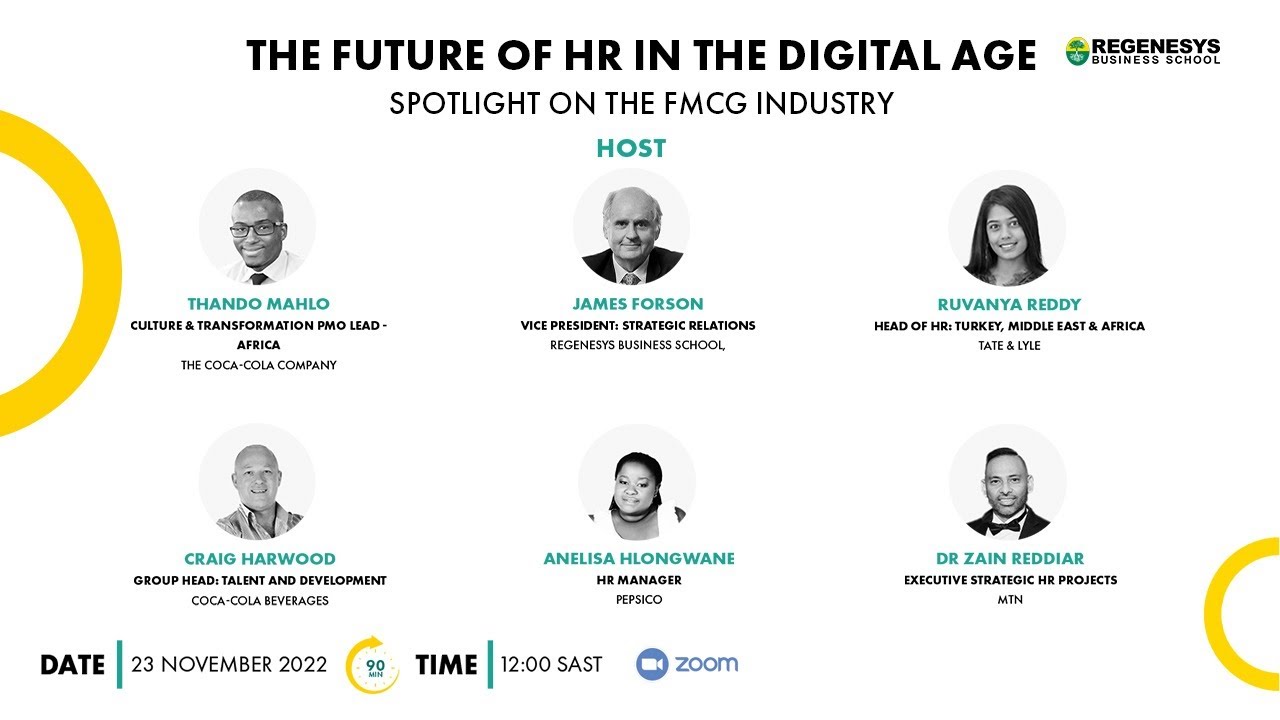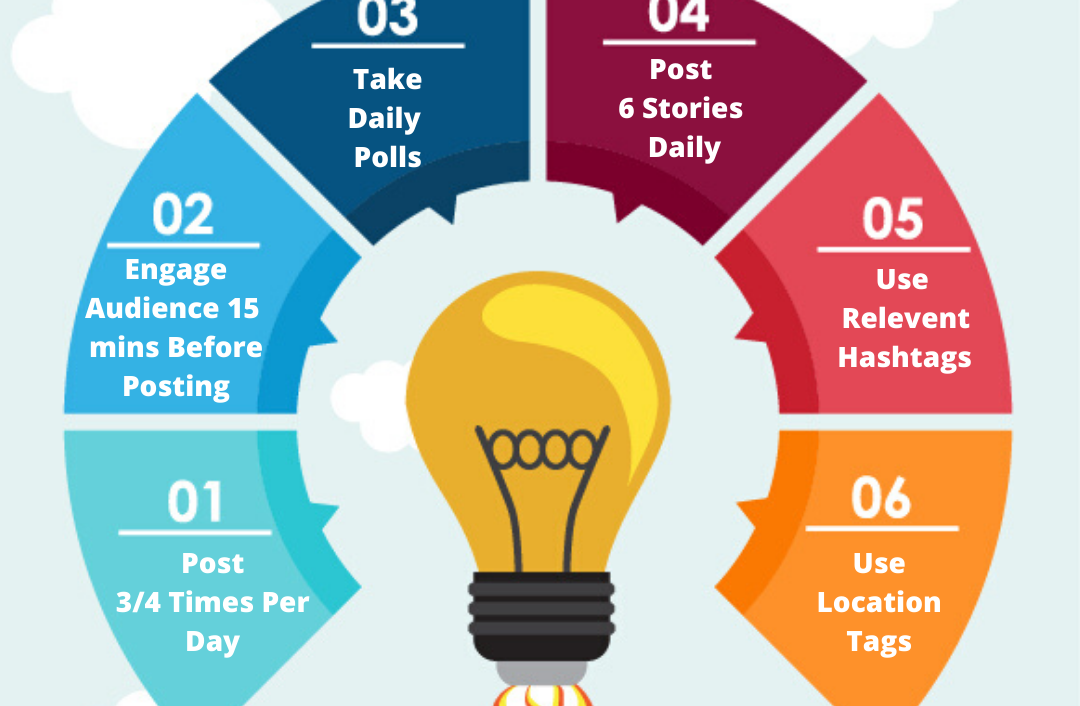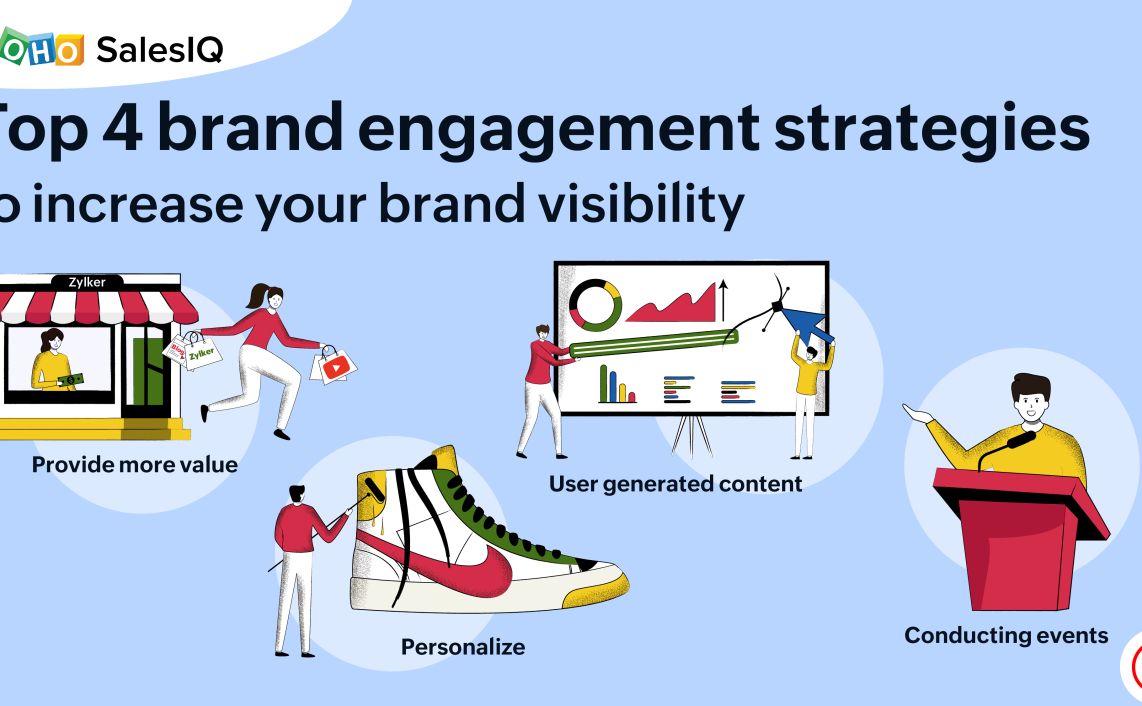Exploring The Future Of Fmcg In The Digital Age

Executive Summary

The fast-moving consumer goods (FMCG) industry is undergoing a rapid transformation, driven by the emergence of digital technologies and evolving consumer behavior. This article explores the key trends shaping the future of FMCG in the digital age, highlighting opportunities and challenges for businesses. From e-commerce and personalized marketing to data analytics and sustainability, we delve into the strategies that FMCG companies can leverage to thrive in this dynamic landscape.

Introduction
The fast-moving consumer goods (FMCG) industry is undergoing a massive transformation, driven by the rise of digital technologies and shifting consumer preferences. As consumers increasingly rely on online channels for purchasing and information, traditional FMCG companies must adapt to survive and thrive. This article explores the key trends shaping the future of FMCG in the digital age, examining the opportunities and challenges that businesses face in this dynamic landscape.
E-commerce and Omnichannel Strategies
E-commerce has become a dominant force in the FMCG industry, offering consumers a convenient and accessible way to purchase everyday essentials. To thrive in this evolving landscape, FMCG companies must embrace omnichannel strategies, integrating online and offline channels to create seamless customer experiences.
- Direct-to-Consumer (D2C) Model: Many FMCG brands are establishing their own online stores, bypassing traditional retailers and gaining direct control over customer relationships. This allows for more personalized marketing, data collection, and brand storytelling.
- E-commerce Partnerships: Collaborating with online marketplaces, such as Amazon and Alibaba, provides access to a wider customer base and accelerates brand reach.
- Mobile-First Approach: Mobile devices are increasingly becoming the primary shopping platform for consumers. FMCG companies must optimize their websites and apps for mobile usability and offer mobile-specific features like click-and-collect services.
- Delivery Optimization: Fast and efficient delivery is crucial for success in e-commerce. FMCG companies must invest in robust logistics and delivery networks to meet consumer expectations.
Data Analytics and Personalized Marketing
The digital age offers a wealth of data about consumer preferences, behavior, and purchasing habits. By leveraging data analytics, FMCG companies can gain valuable insights to personalize marketing campaigns, optimize product development, and improve customer engagement.
- Customer Segmentation: Data analytics allows for the creation of detailed customer profiles, enabling targeted marketing messages and product recommendations based on individual preferences.
- Predictive Analytics: By analyzing past purchase patterns and market trends, FMCG companies can predict future demand, optimize inventory management, and proactively address potential supply chain disruptions.
- Real-time Personalization: Using data to tailor marketing messages and promotions in real-time, based on consumer browsing history and location, enhances customer engagement and drives conversions.
- AI-powered Recommendations: Artificial intelligence (AI) algorithms can analyze consumer data to provide personalized product recommendations, leading to higher conversion rates and customer satisfaction.
Sustainability and Ethical Sourcing
Consumers are increasingly conscious of environmental and social issues, demanding products and brands that align with their values. FMCG companies must embrace sustainability and ethical sourcing to attract and retain environmentally conscious consumers.
- Sustainable Packaging: Reducing packaging waste, using recycled materials, and adopting eco-friendly packaging solutions are crucial for demonstrating environmental commitment.
- Ethical Sourcing: Ensuring that ingredients and raw materials are sourced ethically and responsibly is essential for building consumer trust and loyalty.
- Transparency and Traceability: Consumers want to know the origins of their products and the ethical practices behind them. FMCG companies must provide transparency and traceability information on product packaging and websites.
- Social Impact Initiatives: Partnering with non-profit organizations, supporting social causes, and engaging in community initiatives demonstrates a commitment to social responsibility, which resonates with socially conscious consumers.
Voice Assistants and Smart Home Integration
The rise of voice assistants like Amazon Alexa and Google Assistant is transforming the way consumers interact with technology. FMCG companies can leverage these platforms to integrate their products into the smart home ecosystem, creating new opportunities for engagement and convenience.
- Voice-activated Ordering: Consumers can order FMCG products directly through voice assistants, simplifying the shopping experience and increasing impulse purchases.
- Personalized Recipe Recommendations: Voice assistants can provide customized recipe recommendations based on dietary preferences and available ingredients, promoting FMCG product usage.
- Smart Home Integration: Integrating FMCG products with smart home systems can enable features like automatic replenishment of essentials, personalized lighting, and temperature control.
- Data-driven Product Development: Analyzing data from voice assistant interactions can provide valuable insights into consumer behavior and product preferences, informing future product development efforts.
Conclusion
The future of FMCG is inextricably linked to the digital age. By embracing e-commerce, data analytics, sustainability, and voice assistants, FMCG companies can capitalize on the opportunities presented by this evolving landscape. However, success requires a strategic approach, encompassing customer-centricity, innovation, and a commitment to ethical and sustainable practices. As the digital world continues to evolve, FMCG companies must adapt, innovate, and embrace change to remain competitive and meet the ever-evolving needs of their customers.
Keywords
- FMCG
- E-commerce
- Data Analytics
- Sustainability
- Voice Assistants
- Omnichannel
- Digital Transformation







